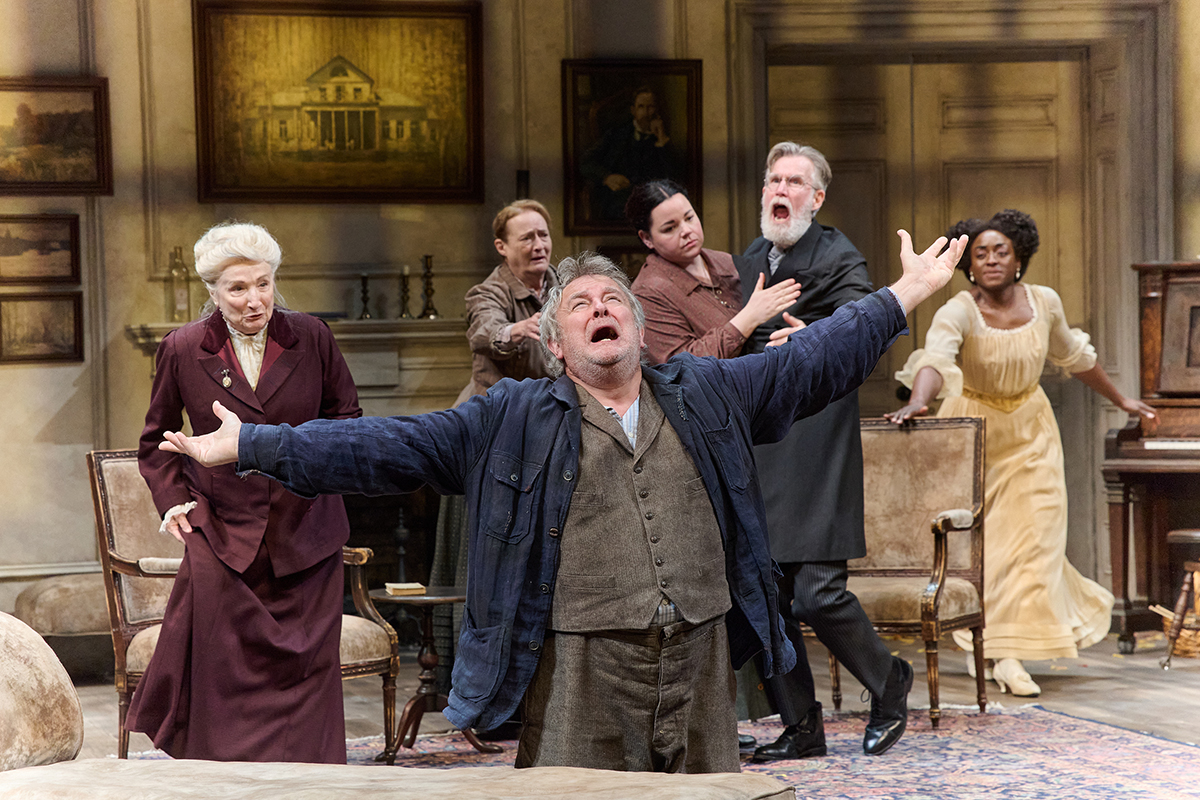The Merchant of Venice at The Shakespeare
Ethan McSweeney directs The Merchant of Venice, Shakespeare’s compelling look at human nature and the insidious nature of power, justice and revenge. The Shakespeare Theatre Company stages it for the first time in more than a decade. To July 24. Sidney Harman Hall, Harman Center for the Arts, 610 F St. NW. Tickets are $20 to $98. Call 202-547-1122 or visit shakespearetheatre.org.
Support Metro Weekly’s Journalism
These are challenging times for news organizations. And yet it’s crucial we stay active and provide vital resources and information to both our local readers and the world. So won’t you please take a moment and consider supporting Metro Weekly with a membership? For as little as $5 a month, you can help ensure Metro Weekly magazine and MetroWeekly.com remain free, viable resources as we provide the best, most diverse, culturally-resonant LGBTQ coverage in both the D.C. region and around the world. Memberships come with exclusive perks and discounts, your own personal digital delivery of each week’s magazine (and an archive), access to our Member's Lounge when it launches this fall, and exclusive members-only items like Metro Weekly Membership Mugs and Tote Bags! Check out all our membership levels here and please join us today!



















